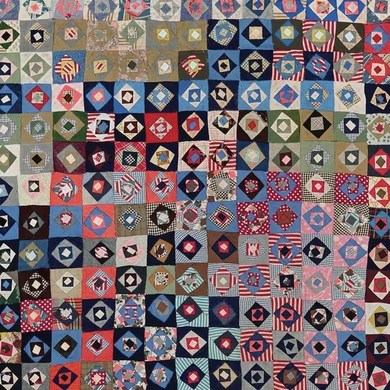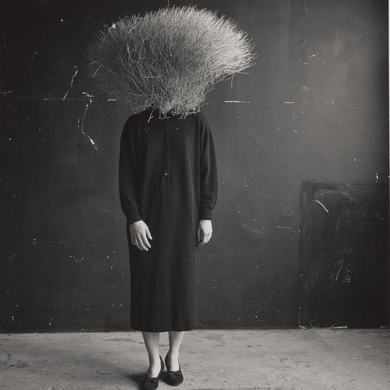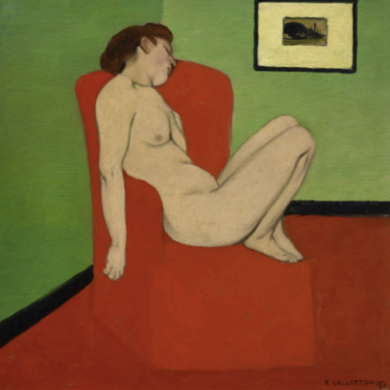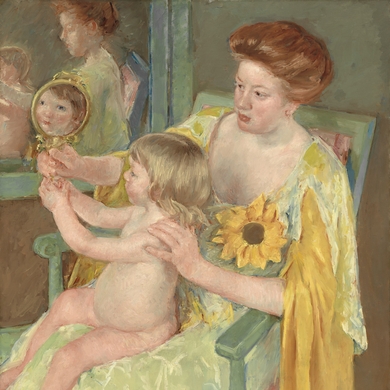In 1804, Saint-Domingue became the first free Black republic in the world. Its name was changed to Haiti, which means, mountainous. The country would remain free, and in the mid–1900s art flourished there. Painters—among them, Hector Hyppolite, Rigaud Benoît, and Philomé Obin—produced scenes of citizens going about their daily chores, riding horses under the fronds of palm trees. These artists used vibrant color palettes and many veered into abstraction. In this exhibition at the National Gallery, 21 works by contemporary Haitian artists—Lois Mailou Jones, for instance, and Eldzier Cortor—highlight the importance of those early painters. —Elena Clavarino
Arts Intel Report
Spirit & Strength: Modern Art From Haiti

Andre Pierre, Mambo, early 1960s.
When
Sept 29, 2024 – Feb 9, 2025
Where
Etc
Photo courtesy of the National Gallery of Art, Washington, D.C.



